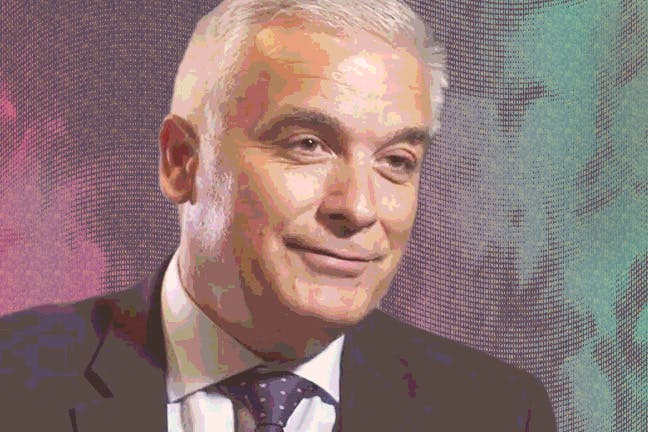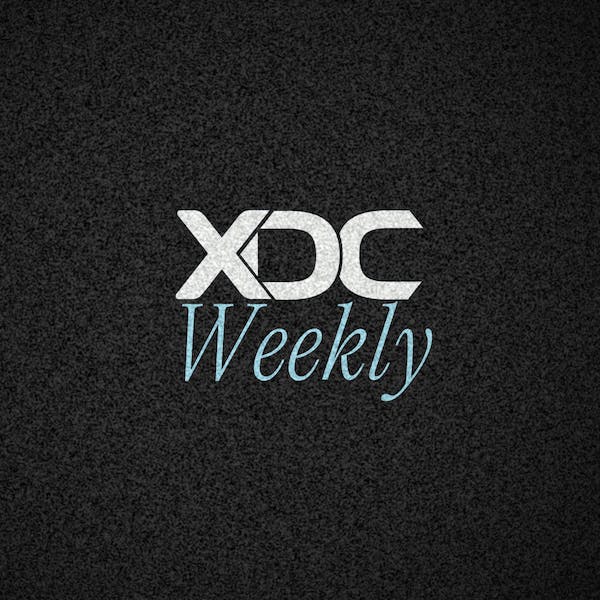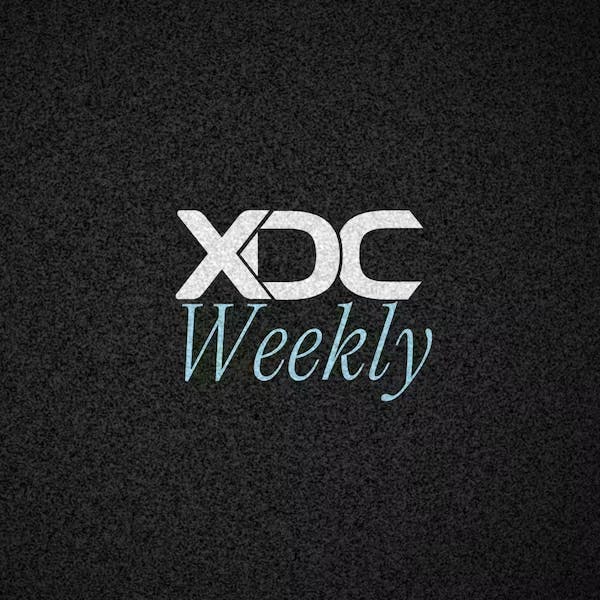A high degree of specialisation is now proven to be the key ingredient of success for fintechs. Those who claim to have a grand vision and who expand too thinly engage on a slippery track. Focus is key in order to become the best at something really differentiating for incumbent banks, preferably at the right time so as to ensure a perfect-match with banks' evolving priorities. Successful fintechs are coming to the fore. It's just a start and their success is derived from a strong commitment to a particular industry need, an attractive value proposition or a specific geography.
How can incumbent trade banks benefit from such specialised technology solutions, also called "fintechs"? How can existing and new technologies co-exist? Are core application vendors powering banks' internal transactional operations welcoming 3rd party innovations, or resisting?
As highlighted in a 2018 blog, the majority of fintechs active in trade finance take a purely collaborative position which contrasts with those active in payments. The former aim to grow in the global multi-trillion trade ecosystem by adding 21st century value whilst relying on 20th century foundations (e.g., internal systems and e-channels). Incumbent banks are clearly in a luxury position here given the maturity and richness of most fintech propositions.
"The [fintech] exploration phase is over for those FI's that have decided to become early adopters of hand-picked fintechs. Time-to-market is their current priority."
- André Casterman
Over the last few years, the global trade ecosystem has been invaded by new technology solutions which I suggest to categorize as per below chart. Most of the recent innovations go far beyond the mature "approved payables finance" and "multi-bank treasury management system" value propositions which were invented well before the 2008 financial crisis.
In order to deliver highly specialised value propositions, fintechs concentrate on major market transformations driven by (1) new client expectations (e.g. transparency, instant accessibility), (2) integration of climat change and ESG priorities, (3) new bank partnerships with institutional investors and (4) the emergence of digital assets and tokenisation. Those changes in the market are facilitated by post-crisis technological progress including (1) data management technologies, (2) artificial intelligence, (3) trade workflow digitisation platforms, and (4) distributed ledger technology.
Some innovations are dependent on regulatory clarity, and the recent progress achieved in India, Singapore, Abu Dhabi, the UK and in the EU with regards to electronic transactions is very promising. As an example of regulatory impacts, the Trade Receivables Discounting System (TReDS) initiated by the Reserve Bank of India several years ago has achieved harmonisation of practices around the discounting of trade receivables of Micro, Small and Medium Enterprises (MSMEs) through multiple financiers, and has triggered the set-up of multiple TReDS compliant platforms. This has led to the emergence of various platforms such as RXIL.
More regulatory developments are underway and the industry is expecting transformational decisions on negotiable instruments, digital assets and tokenization from key jurisdictions. ICC UK and the UK Law Commission are leading promising work in this area.
Professor Sarah Green, Law Commissioner of England and Wales: "Smart contracts, digital assets and electronic documents promise to revolutionise the way we do business, digitising existing processes and in some cases introducing entirely new concepts. There are, however, lingering uncertainties about whether and how English law can accommodate these. We believe there is a compelling case for reviewing the law in these areas to ensure that the jurisdiction of England and Wales remains a competitive choice for those who want to use and to develop emerging technology."
By adopting fintech solutions, and sometimes integrating those in a while-label mode, trade originators are actually upgrading their existing front- to back-office capabilities with new value and with limited impact and cost.



